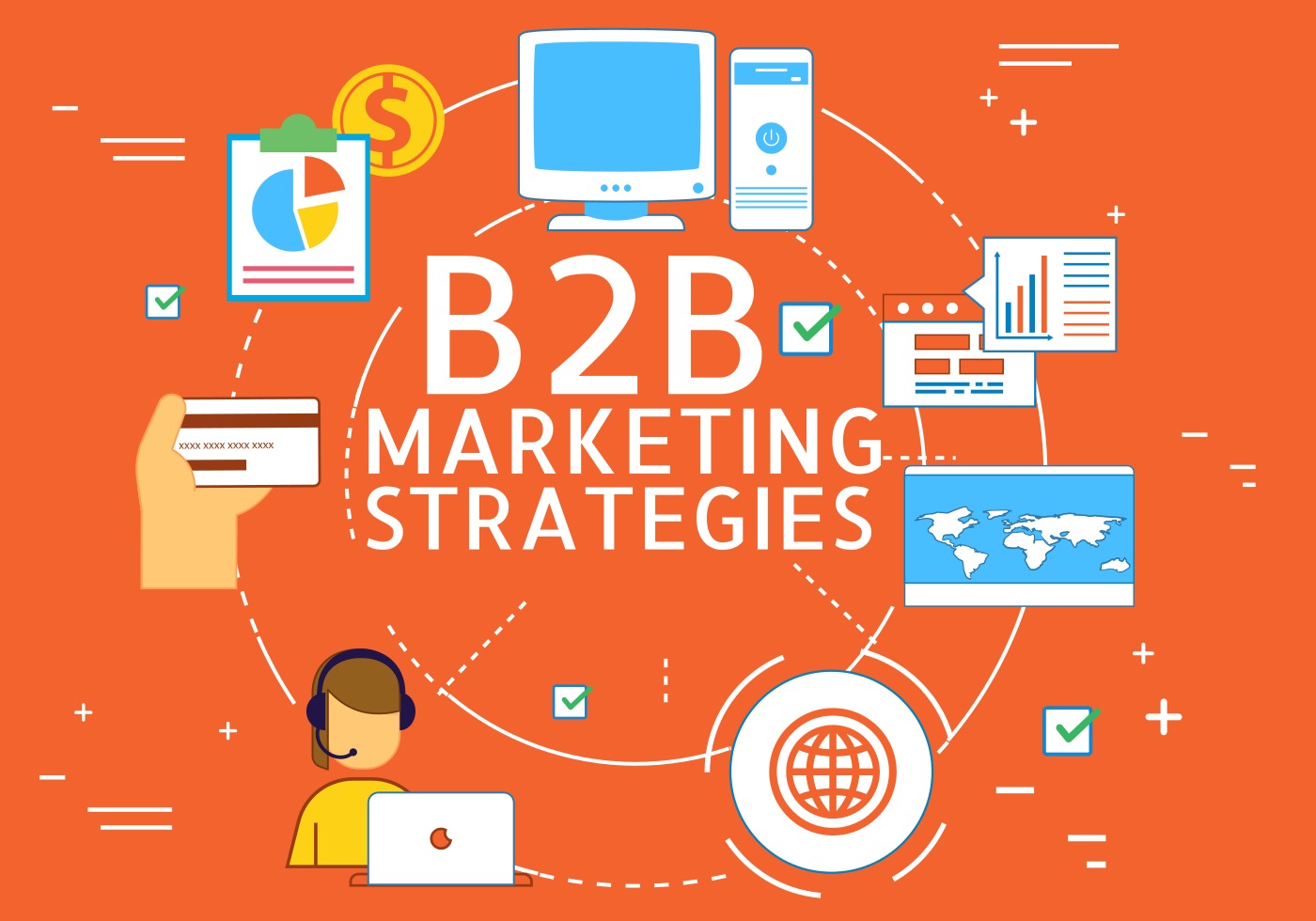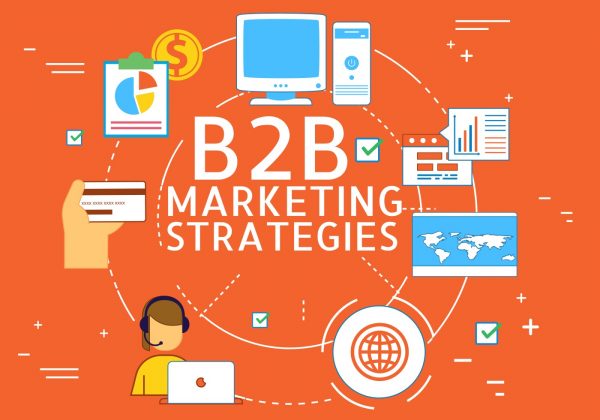Emotions influence B2B (Business To Business) buyers. The big truth is that all of us are emotional beings, and smart B2B use our emotions to get us to make decisions and purchase their products. Unfortunately, emotion is a misunderstood concept in B2B marketing. It’s often implied that it only has a role to play when a business makes an impulse purchase. But it’s a mistake to assume that it isn’t also a major factor when companies make more involved purchases. Emotion ultimately influences B2B buyers, both consciously and subconsciously.
Read more about Business
As a B2B, how can you use the emotions of other businesses to get your product? For instance, you are a food processing company, how do restaurants in your local communities buy your products and keep buying? The solution lies in the fact that B2B decision-makers care about outcomes for their business – after all, a solution needs to meet specific functional needs – but they also care about the consequences.
A solution needs to help the purchaser do their job and make them look good to their colleagues. The stakes are high, too; if a buyer makes the wrong decision, they could lose their job.
Therefore, knowing how to explore emotions in B2B marketing is very essential for business progress. In this article, I discuss four positive emotions you can explore in the B2B marketing process.
- Affinity
Several businesses have the emotions of humans, like natural consumers. They favour some brands over others on the grounds of affinity.
Affinity also manifests itself in different ways: Some buyers favour brands that are in the same ecosystem as them. For instance, companies that are in the software industry would rather purchase the services from other software companies within their ecosystem rather than outsource. Some customers make decisions based on nationalist or regional bias, patronizing businesses that are located in the same region or country over those based in other locations.
How To Explore This Emotion
- Demonstrate that your business understands its customer’s needs;
- Demonstrate that you share the same values with your customers and that you understand their personalities. For instance, if your customer is a lover of simplicity, quality, promptness, integrity and so on, it is important to design your business operation around their values;
- Reflect your buyer’s tone and language.
Sign up to the Connect Nigeria daily newsletter
- Trust And Comfort
One of the positive emotions you can explore in B2B purchase is trust and comfort. Customers choose to patronize businesses with whom they’ve worked before. Likewise, they’re more likely to patronize a business if they have a personal relationship with the business’ key contact. Even when a customer doesn’t have a previous engagement with a business, trust can play a key role.
How To Explore This Emotion
- Create a persona that is well-known and respected in the industry. You do this by leveraging your network and contacts;
- Ensure that your audience or customers perceive your business to be reliable;
- Demonstrate business authority, expertise or trustworthiness during the sales process, both online and offline.
- Excitement
Business buyers don’t just want to repeat what they’ve done in the past – they’re interested in new ideas. They want to buy into a vision of a better future, whether it’s for their company, for them as individuals or for the world.
How To Explore This Emotion
- Demonstrate that your business is always upgrading and adding new features;
- Demonstrate that your business is out to make customers get quick, faster and credible results most comfortably.
- Ego Expression
Companies like Apple Inc. have often used ego expression as an emotional strategy to push for more sales of their products. Customers have several emotions running through their minds when they patronize certain brands. For instance, certain brands communicate that the buyer has upward mobile aspirations. People who use Apple products usually work with an air of importance.
How To Explore This Emotion
- Use “Limited Edition” strategy to indicate the importance and promote prestige;
- Amplify why new products are far better than older versions;
- Use “Pricing Effect” to create limited ownership and create status differentiation in the market.
Featured image source: Grow
Got a suggestion? Contact us: [email protected]


